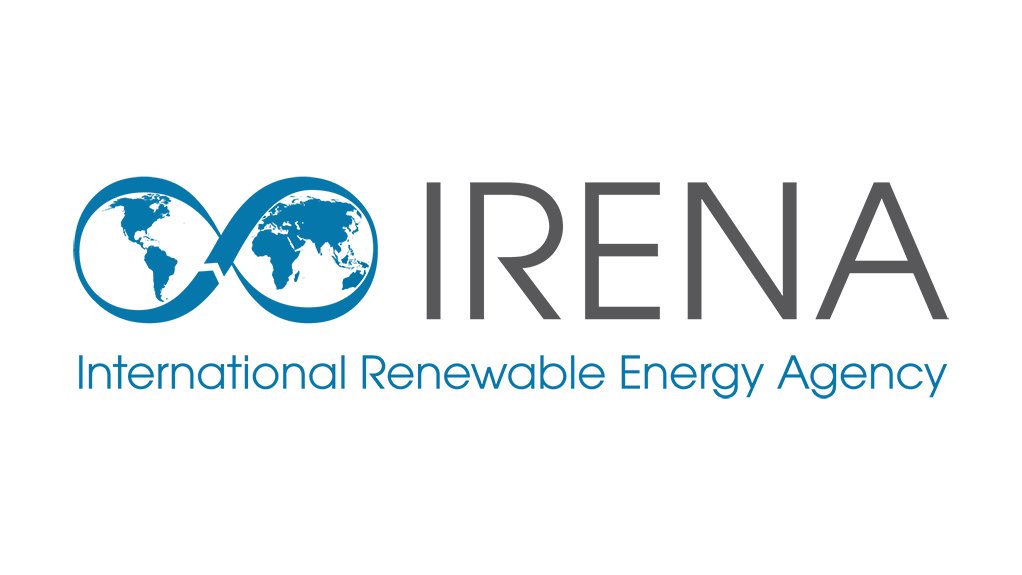- NDCs and renewable energy targets in 2023: Tripling renewable power by 20305.96 MB
This report reviews renewable energy targets in Nationally Determined Contributions (NDCs) to the Paris Agreement as of the end of October 2023, ahead of the 2023 United Nations Climate Change Conference (COP28), and assesses their level of ambition against IRENA’s 1.5°C scenario and the goal of tripling renewables in the power sector by 2030.
For developing countries, the report identifies those targets that are conditional on financial assistance and determines the minimum level of financing needed to support their achievement. It also examines the extent to which renewable energy targets in NDCs are aligned with those set out in national plans and policies, and whether these are reflected in laws, policies or roadmaps and plans.
The report finds that renewable energy ambitions within NDCs are not only insufficient, but also fall short of what countries have committed to in domestic policies that exist outside the framework of the Paris Agreement (national laws, policies, roadmaps, plans, strategies). As per IRENA’s 1.5°C pathway, and the COP28 pledge to triple renewable power globally, renewable power generation capacity in the G20 countries alone would need to grow from less than 3 terawatts (TW) in 2022 to 9.4 TW by 2030, accounting for 80% of the global total. The commitments made in NDCs account for less than half of that required to align with the tripling renewables pledge, and those made in national energy plans and policies fall short by 30%. The report also notes that developing countries – mainly least developed countries (LDCs) and small island developing states (SIDS) – plan to double their renewable installed capacity, compared to 2022, to more than 110 gigawatts (GW) by 2030. However, more than half of this is conditional on international support in the form of financing, technical assistance, technology transfer or capacity building.
Report by the International Renewable Energy Agency
EMAIL THIS ARTICLE SAVE THIS ARTICLE ARTICLE ENQUIRY
To subscribe email subscriptions@creamermedia.co.za or click here
To advertise email advertising@creamermedia.co.za or click here











